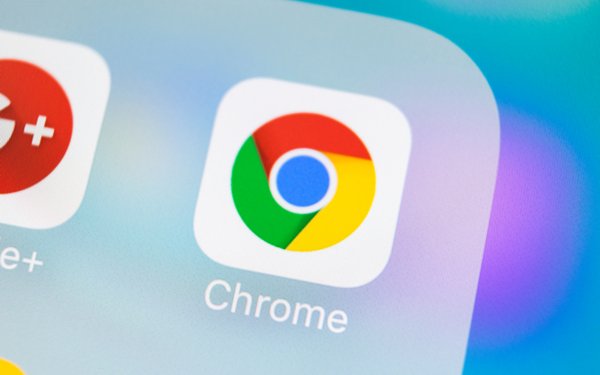
As promised,
Google’s Chrome browser now blocks videos with sound that automatically play when the page loads.
The new feature, released with the launch of Chrome 66 for Windows, iOS, Android and
other operating systems, will stop the video from playing on any site where the video is set to autoplay with sound — and when it’s not the site's primary purpose to run the video.
On Wednesday, Google released a post on its site Connected Workspaces that touts the ability for companies to “block intrusive ads so employees can stay focused.”
The Chrome
browser also now automatically filters links to third-party websites disguised as play
buttons or other site controls, or transparent overlays on websites that capture clicks and open new tabs or windows, Google explains in the post.
advertisement
advertisement
The autoplay is allowed only when the media
doesn’t play sound, after the user clicks or taps on the site, or on desktop if the user has previously shown an interest in media on the site, according to Google.
On mobile, Google still allows autoplay on sites that have been added as a bookmark to the home screen.
It’s based on a new metric and ranking by Google’s new metric Media Engagement Index (MEI).
The autoplay blocking adds a ban on video, pop-up and intrusive advertisements
that began in February 2018.
“In our tests, autoplaying content that is muted still plays automatically,” according to VentureBeat, which initially reported the news.
“Autoplaying content with sound, whether it has visible controls or not, and whether it is set to play on loop or not, simply does not start playing.”
The report also points out
that YouTube videos sometimes played automatically and other times did not.
Google’s Chrome is used by 57.7% of internet users as of March 2018, across desktop and mobile. Apple Safari
remains No. 2 with 14.8% of the market, according to StatCounter.